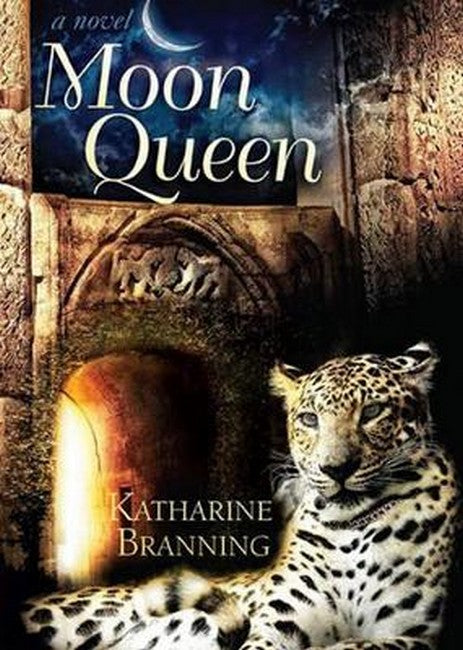Katharine Branning has degrees from the University of Paris, Sorbonne and the Ecole du Louvre, where she majored in Islamic arts, with a specialty in Islamic glass. A graduate of the Pratt Institute School of Information and Library Science, she has been a librarian at the French Institute of Architecture in Paris, France, at the French Embassy Cultural Services and the Alliance Francaise in New York City. For her work promoting the French language and culture through the creation of numerous libraries in both France and the United States, she has been awarded the Ordre national du Merite from the President of France, one of the nation's highest honors. She has studied the Turkish language and literature at the Institute of Langues Orientales in Paris and with Prof. Talat S. Halman at New York University. As an independent researcher and glass artist, she has conducted annual field work relative to architecture and decorative arts in Turkey every year since 1978. She currently lives in New York, where she is Vice President of Education at the French Institute Alliance Francaise.
Description
A delightful surprise is in store for readers who love being in touch with history in a visceral way through its most vibrant, sometimes outlandish personalities. Moon Queen, Katharine Branning's latest, is set in Turkey, as was her earlier Yes, I Would Love Another Glass of Tea, though during an entirely different time period. This time, we are introduced to Mahperi, wife and mother of sultans in the 13th Century, a woman whose accomplishments would remain unknown to most of us without Ms. Branning's deep research into unusual sources. The novel treats us to intrigues worthy of the Borgias and plunges us into a historical moment that fascinates, while also allowing us to feel that we are relating to flesh and blood persons. Don't try for aesthetic distance while reading this novel. Just immerse yourself in its lusciousness. A book such as Moon Queen does much to dispel oversimplifications by introducing us to a deep and vast old culture, thereby increasing our understanding of that culture in the present. Though Branning does not make a claim to total historical accuracy, she contributes immeasurably to our own pleasure in experiencing this exquisite moment in time and space. Branning made me want to eat those meals, touch those fabrics, see those old stones, be present in 13th Century Turkey. -- Dr. Joanna Dezio, Montclair State University 13th century Turkey: The Sultana Mahperi was born Maryam, during her lifetime as wife and mother to sultans, she built mosques and caravan stops to develop important trade routes. Those sites' fabulous architecture inspired this novel... -- Richard Bourgeois Historical Novel Society, HNR Issue 70 (November 2014)

